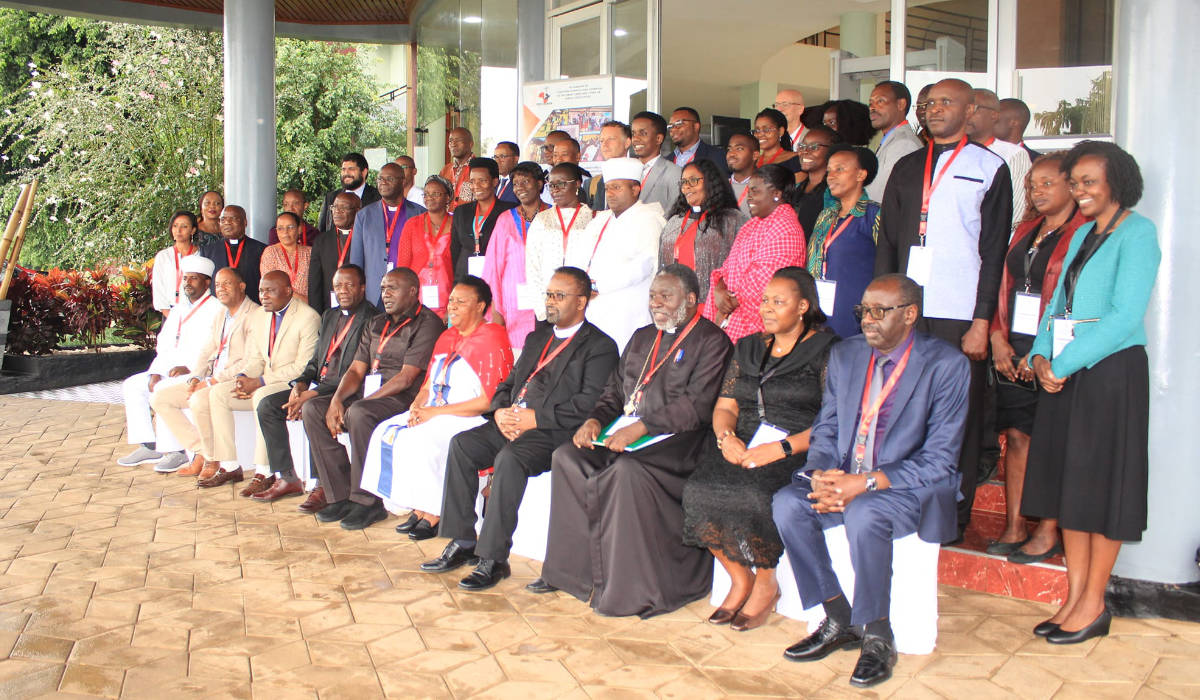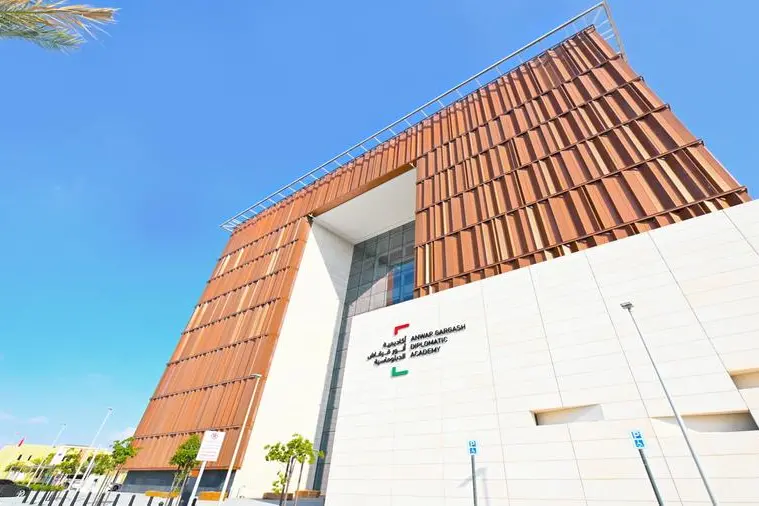ACCORD recently participated in the Fellowship of Christian Councils and Churches in the Great Lakes and the Horn of Africa’s (FECCLAHA) Regional Ecumenical Forum (REF). The REF provides a forum for FECCLAHA members and partners to discuss peace and security challenges. The event took place from 25 to 27 OCtober 2023 in Nyamata, Rwanda. The theme for this year’s REF was ‘Towards Peace and Security: Strengthening the role of the faith community in promoting elections justice in the Great Lakes and Horn of Africa’.
ACCORD’s Programme Officer, Adam Randera, contributed to this theme with a presentation entitled ‘Gender Dimensions and the Role of Women in Elections Justice’. The presentation focused on the importance of a gender-sensitive approach to planning elections, as well as election observation and monitoring missions. Such an approach can make the election process more inclusive and responsive to the challenges faced by women voters, political candidates, and journalists. The contributions of women to the electoral cycle can be most effective if they have the opportunity to work collaboratively, have access to the necessary technical resources and expertise, and are supported by sustained political activism for women’s rights and interests outside of the election cycle.
ACCORD has collaborated with FECCLAHA and other ecumenical organisations this year, recognizing the important role that religious leaders and faith communities play in building peace and security in Africa. Most recently, the two organisations co-convened an intergenerational dialogue on Faith Communities and Conflict Prevention in August 2022, and a Regional Faith Women Mediators Network (REFWOMEN) Workshop, in August 2023. Also in August 2023, ACCORD hosted a training with Religions for Peace in the Democratic Republic of the Congo.
ACCORD’s contribution to the REF aligns with the organisation’s strategic objectives, which aim to strengthen the role of multidimensional stakeholders and women in preventing, mitigating, and resolving complex conflicts. Additionally, the organisation is committed to providing evidence-based analysis, policy support, and knowledge to respond to complex conflicts effectively.








